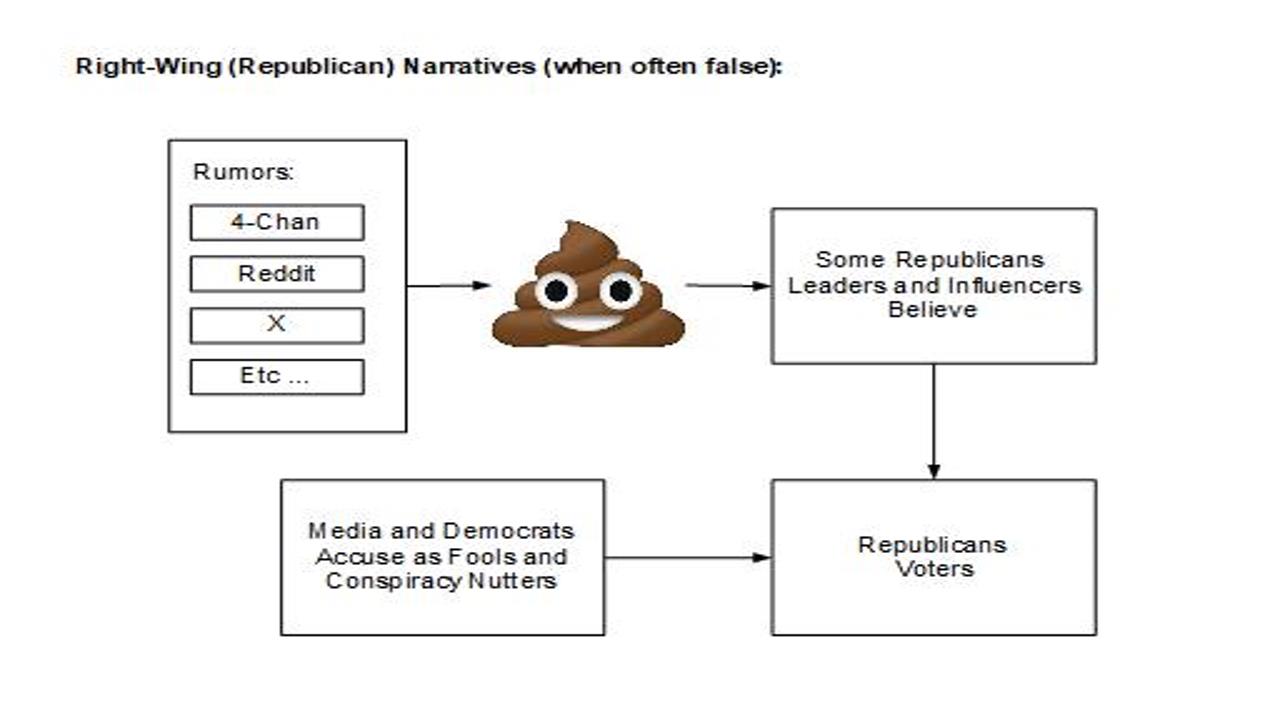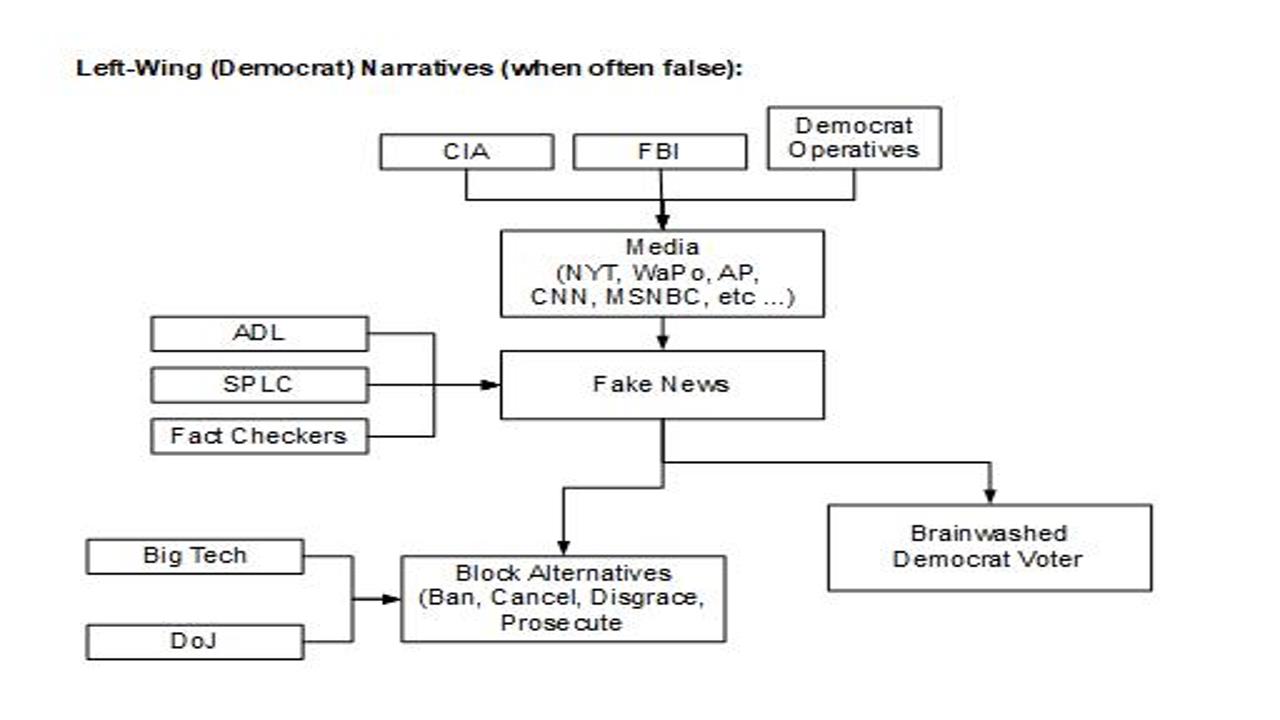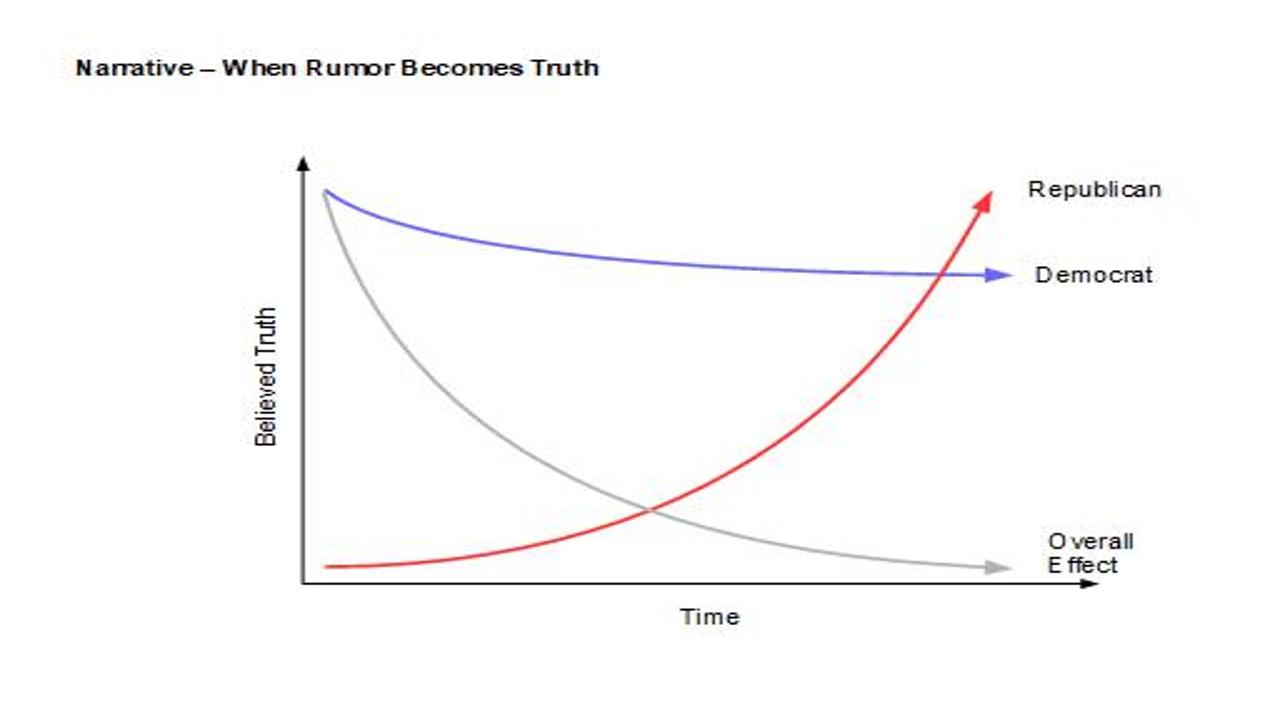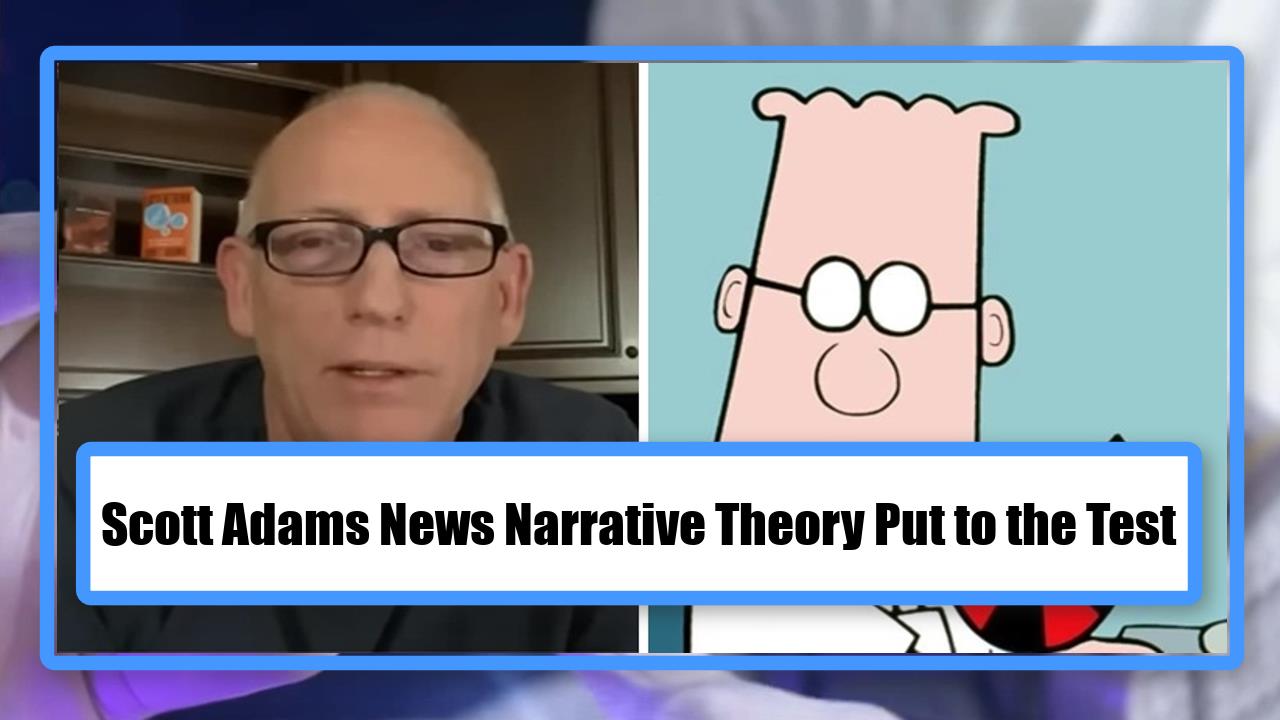Video:
Take our online poll:
AI Analysis:
The question of media bias is a complex and contentious one, and it's important to recognize that media bias can manifest in various ways, including bias toward one political party or another. Whether or not mainstream media is biased towards the Democratic Party or any other political group can depend on several factors:
1) Media Outlets: Different media outlets have different editorial perspectives and biases. Some media organizations may be perceived as having a liberal or Democratic-leaning bias, while others may lean conservative or Republican. It's essential to distinguish between various media outlets and not make broad generalizations.
2) Journalists and Reporters: Individual journalists and reporters may have their own political beliefs, which can sometimes influence their reporting. However, many professional journalists strive to maintain objectivity and adhere to journalistic ethics, which require impartiality in their reporting.
3) Editorial Decisions: Editorial decisions about which stories to cover, how to frame them, and which experts or commentators to include can influence the perception of bias. These decisions can vary among media outlets and over time.
4) Ownership and Funding: The ownership and financial interests of media organizations can also play a role. Some media outlets may be owned by individuals or corporations with political affiliations or interests that could influence their editorial direction.
5) Audience and Market Forces: Media outlets often cater to their audience's preferences and market demands. If a media outlet's audience leans in a particular political direction, it may shape the content to align with those preferences.
6) Perception of Bias: People's perceptions of media bias can be influenced by their own political beliefs. What one person perceives as bias toward Democrats, another may see as a commitment to balanced reporting.
7) To evaluate whether a specific media outlet or program is biased, it's essential to engage in media literacy and critical thinking. This includes consuming news from a variety of sources, being aware of the potential for bias, and fact-checking information.
It's worth noting that media bias can occur across the political spectrum, and allegations of bias often depend on one's own political perspective. Media watchdog organizations and fact-checkers can provide valuable assessments of media accuracy and bias, helping consumers make informed judgments about the media they consume.
In summary, while some people may perceive bias in mainstream media towards the Democratic Party, media bias is a complex and multifaceted issue, and it's important to consider a variety of factors and sources when assessing media coverage.
Chart:



References:


Comments